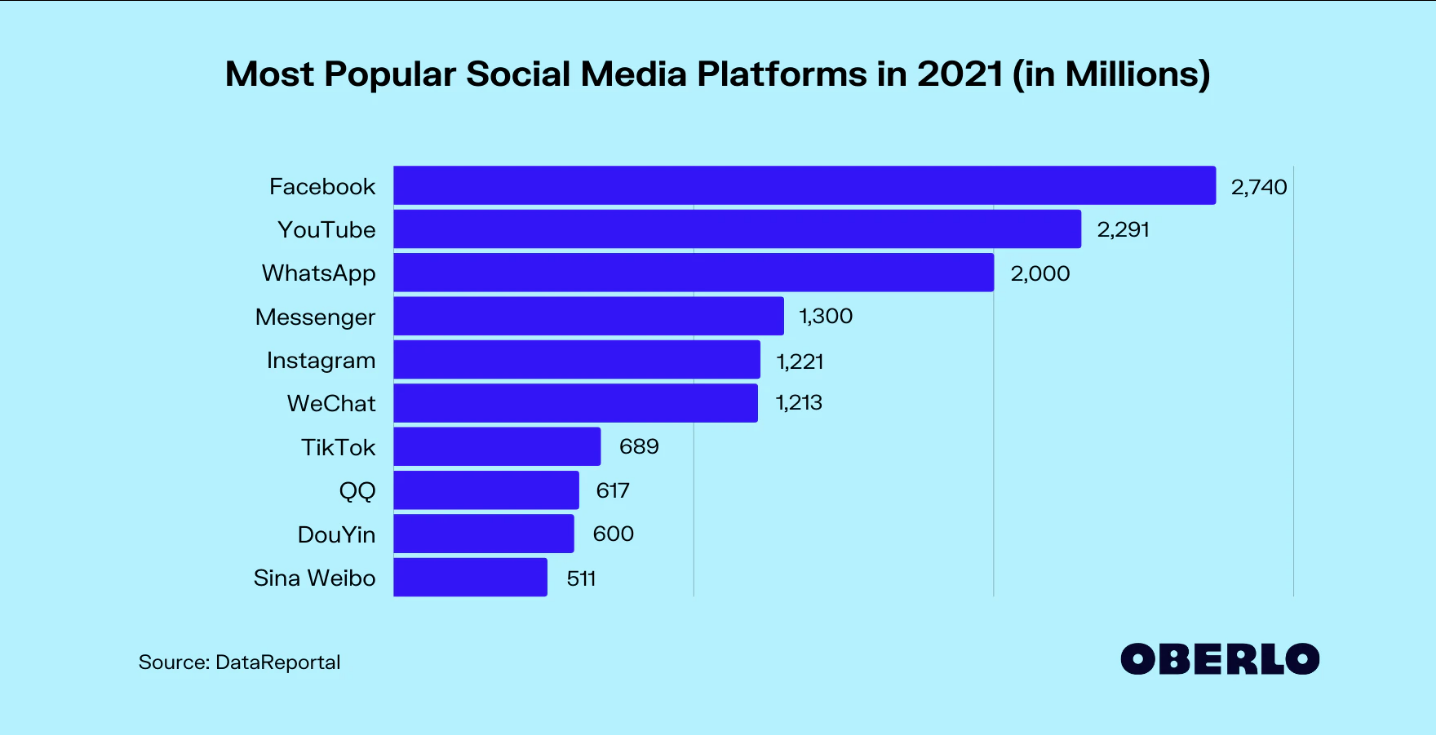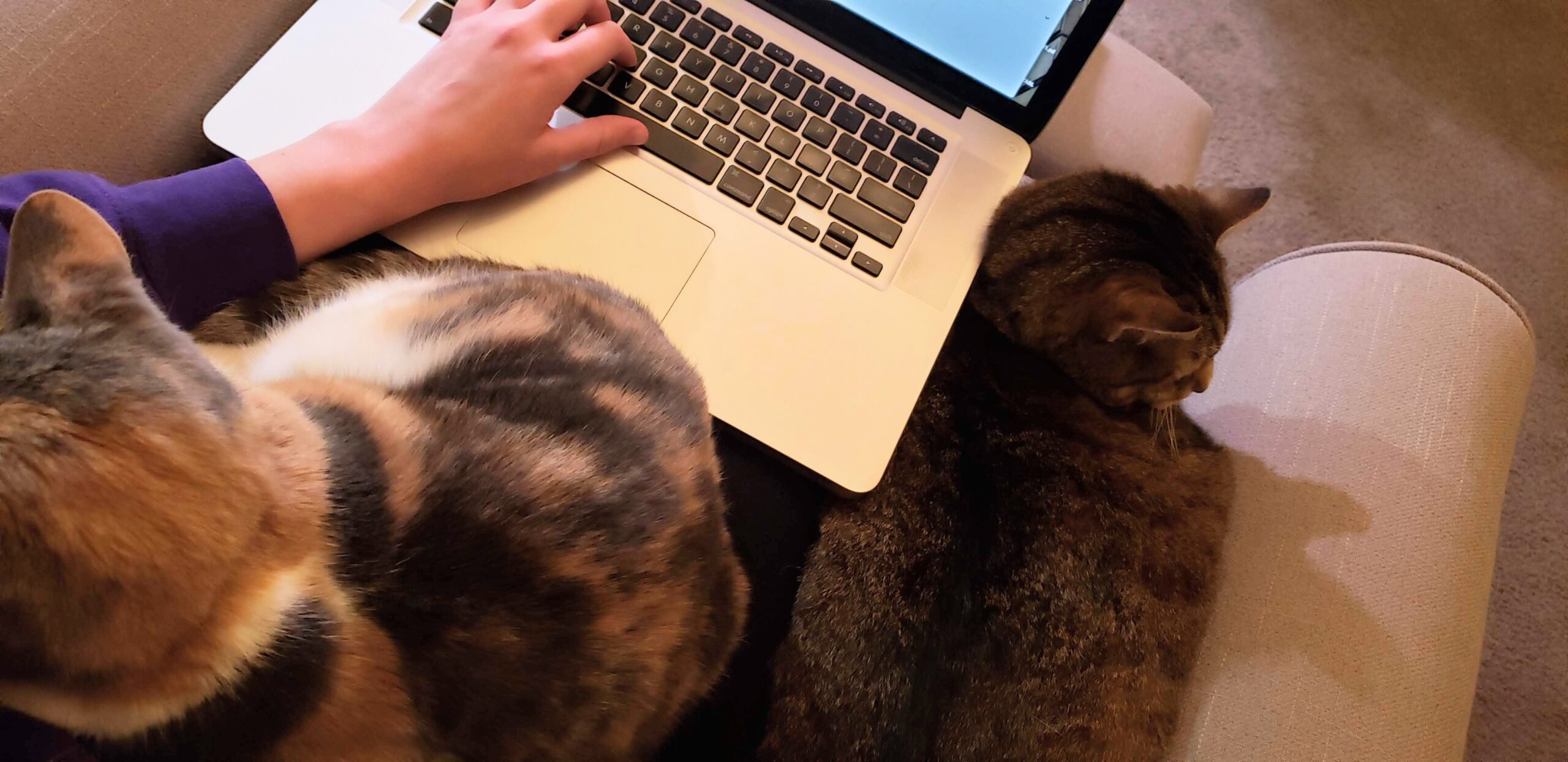Hello everyone and welcome to the new era. How about those press conferences, eh? And wow talk about going right back to old-style controversies like the last four years never happened (very cool NYT)! So I’ve been hearing some talk — and I’m pretty sure that at least some of it has been happening outside of my own head — about a post-Trump, post-January 6, post-where-ever-we-draw-the-line Truth and Reconciliation Commission, and I thought hey, I have a lot of thoughts about that.
For background, so we’re all starting from the same page, probably the most famous T&R Commission was on the end of Apartheid in South Africa. Many other countries have had their own commissions as well. They all follow the same basic model of a realization that something wack went down that really needs to be addressed for the good of the country. The United States, for all its posturing as the beacon of light for the world, has always avoided acknowledging the truly wack things that have happened here. We have yet to do anything lasting or meaningful to address past things like slavery, pushing out indigenous peoples, or putting people in camps and cages.
If you’ve been here before, you know that I like musing on basic subjects: fear, isolation, motivation, fear again. (Check out the Harry Potter and the Sacred Text podcast for this but done better.) For my sanity, I’m going to break my thoughts on Truth and Reconciliation down in a similar way. The logical place to start then is with truth.
The Trust in Truth
To talk about truth, we have to talk about trust. There can be no agreement between parties without trust. If you don’t trust either the other party, or if you don’t trust yourself to be able to extricate yourself from the fallout of the failure of the agreement, then you won’t enter into it in the first place. This trust is best achieved through truth.
At its core, democracy is an agreement between people on how to govern themselves. This means that people have to be able to trust each other in order to come to an agreement — and not in the way of trusting themselves to be able to take care of themselves if the going gets bad; that is no longer a system of democracy, because the interaction is no longer interpersonal. Two of the most prevalent political ideologies battering at our democracy today are Libertarianism and Authoritarianism. These both in a way trace back to a dearth of trust: Libertarianism by losing it in others and directing it back inwards, and Authoritarianism by losing it in others and directing it instead towards a chosen authority (which is a roundabout way of directing it back inwards).
A Slight Tangent
Democracy is also not an agreement between the people and the government, because the government is not an entity separate from the people. Both Libertarianism and Authoritarianism could lead one to believe otherwise, however. Libertarianism, in saying that the government cannot be trusted, is both implying that (1) other people cannot be trusted and (2) the government is an Other entity that cannot be trusted. This is of course an ideological tension if you believe in a government of for and by the people, but it also allows entry for more people to have their own version of Libertarianism.
Authoritarianism, on the other hand, says that (1) other people cannot be trusted, (2) the government is an Other entity, and (3) only their chosen authoritative government can be trusted. In a way, it’s a more stable philosophy. If you cannot trust other people, it makes sense to put your trust in an authority that can dictate the actions of the other people.
This also highlights the easiest way to sabotage a society: to ruin its internal trust. If you are fed the idea that other people cannot be trusted, then it makes perfect sense for you to conclude that you cannot be in democratic congress with them.
Types of Truth
So let’s talk about truth. The two main forms of truth available to us are truth in words and truth in action. Human society got to this point because of our awesome skills of complex communication. Other organisms may have basic language, rudimentary systems of communication and learning, but none of them have invented telephones or satellites yet, and none of them have come even close to needing those yet.
Words — languages — are how we have managed this. Actions may be an element of communication, but they cannot convey complex concepts. Actions are furthermore subject to the individual interpretations that happen in the brains of each person who observes them. Words have the power to be precise in a way that actions can never be.
Communication in the Age of Technology
The internet has created the illusion that words are cheap in a way that they never have been before. Pre-written language, words were shaped into stories that could be told through the generations. Physical forms of writing each have their own costs associated with them, from chisel to ink. They also have an inherent audience limit. Now, any fool with a connection can put out words that can be accessed by anyone else. The audience limit is orders of magnitude larger. We have created platforms that serve the explicit purpose of reaching incomprehensibly massive numbers of people essentially for free.
Cheap words means it’s easier to use them without consequence. If you say something wrong, something false, you can easily add more words to try to make it better. There’s no reason to ever regulate your words.
If the perception of words is that they’re cheap, then actions gain increased importance. It’s not what you say, it’s what you actually do that matters. Actions become concrete evidence, an incontrovertible truth, by which we can all judge. (Cyclically this also erodes the power of words.)
However, this then follows that the actions of those in positions of power are correspondingly more important as well. That means that merely paying lip service to something is insufficient. One cannot both cheapen words and then expect to be able to live off of them. In that situation there is a complete absence of truth, and thus of trust. On another note, they also need to be able to take actions by which they can be judged.
So What Is Truth?
There is no absolute truth, because there is no absolute reality. Practically speaking, everything is based off our perception of reality, not off of reality itself (whatever that may be). That means that a shared truth is a shared trust that we’re all interpreting reality the same way. Societies are built on this shared truth.
If someone professes a belief in another reality, either by word or by action, that is not just empty words and actions; that is an invitation into another truth. If that professed belief is a lie, then that is an attack on a common truth and trust and thereby on society itself.
A belief in a lie can be committed without intention. Americans aren’t reinventing the lie of white supremacy every generation, and yet it has persisted for longer than the nation itself. It’s a lie that has been woven into the very fabric of this country; and yet, as with all lies, it is nonetheless tearing our society apart. The only way to fix it is to first acknowledge that it exists, that it is a lie, and that it must be addressed head on with a truth that is shared by all Americans.
Further Reading:
- Wiki on Truth Commissions
- Social Contract Theory Overview
- Caste by Isabel Wilkerson



